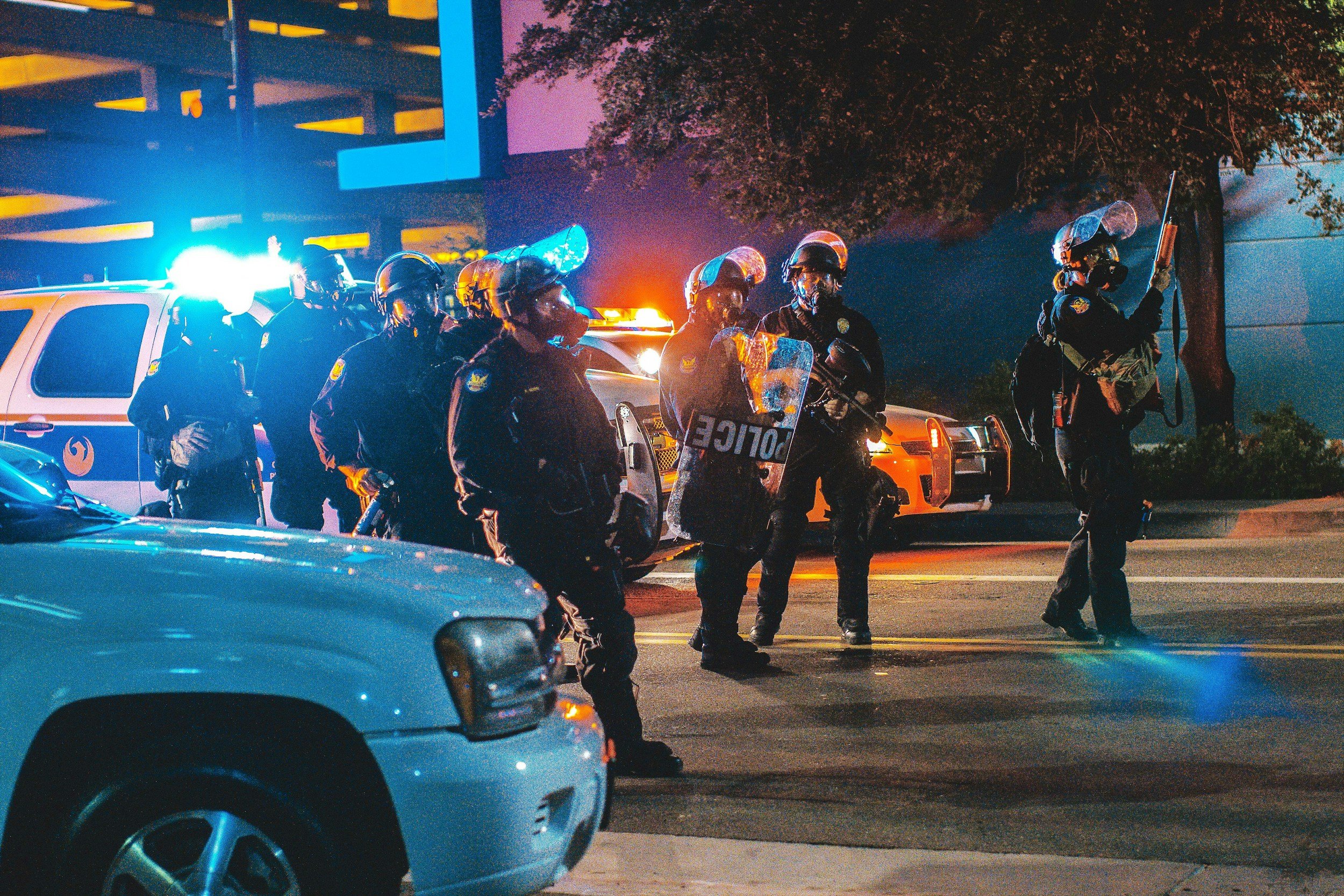

A Reflection of Reality: Addiction and Recovery Narratives in Dick Wolf's First Responder Dramas
Dick Wolf's influential television universe—spanning the "Law & Order," "Chicago," and "FBI" franchises—has consistently portrayed the authentic struggles of first responders battling addiction and mental health challenges, mirroring the well-documented realities of these high-stress professions. From early characters like Detective Lennie Briscoe and Captain Donald Cragen openly addressing their alcoholism to more recent portrayals like firefighter Sam Carver's drinking problems, Wolf has established addiction narratives as recurring themes throughout his programming. These depictions explore various pathways to substance dependence that reflect real-world patterns: Lieutenant Kelly Severide's trajectory from injury to pain medication addiction, Detective Antonio Dawson's prescription pill dependency following assault, and Sergeant Olivia Benson's trauma-induced alcohol use during periods of extreme stress. Wolf's shows accurately represent the statistical reality that first responders experience substance use disorders at rates significantly higher (25-30%) than the general population due to chronic trauma exposure, irregular shift work, drinking-positive workplace cultures, and limited mental health resources. Rather than stigmatizing these struggles, Wolf's productions humanize the complex journeys through addiction and recovery, acknowledging the reality of relapse while showing the possibility of healing. By consistently featuring characters navigating these challenges across decades of television, Wolf's work has contributed to normalizing conversations about mental health within professions historically characterized by stoicism and self-reliance, potentially encouraging real-world first responders to seek help rather than suffer in isolation.


Beyond the Badge: Addiction and Recovery in Dick Wolf's First Responder Dramas
Dick Wolf's television universe, spanning franchises like "Law & Order," "Chicago," and "FBI," has consistently featured realistic portrayals of substance abuse and recovery among first responders across decades of programming. These narratives aren't merely dramatic devices but reflect the documented reality of addiction in high-stress emergency service professions. From foundational characters like Detective Lennie Briscoe, whose ongoing sobriety journey showed recovery as a lifelong process rather than a completed achievement, to Captain Donald Cragen, whose alcoholism stemmed from grief after losing his wife, Wolf established addiction as integral to authentic first responder representation. The portrayal evolved through characters like Detective Amanda Rollins, whose gambling addiction expanded the narrative beyond substances, and Lieutenant Kelly Severide, whose path from injury to pain medication dependency mirrored common patterns among real firefighters. Wolf's shows accurately depict contributing factors including trauma exposure, irregular work schedules, enabling workplace cultures, and barriers to treatment seeking. The representations have grown more sophisticated over time, moving from addiction as background character information to central storylines that explore co-occurring mental health conditions, workplace systems that enable addiction, and diverse recovery paths. By consistently portraying respected, competent professionals who struggle with addiction, Wolf's franchises have helped destigmatize substance use disorders, raise awareness about first responder mental health challenges, model constructive intervention approaches, and normalize recovery language and processes. This sustained, evolving portrayal across multiple shows has created not just compelling drama but potentially helped real first responders recognize their own struggles and seek help while educating the public about the psychological toll of emergency service work.